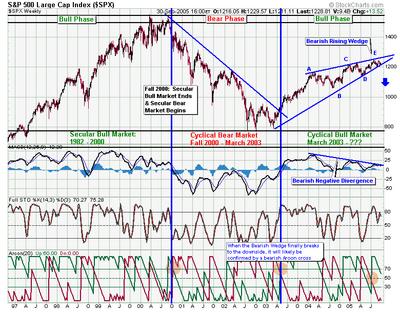What they should do
Last night I got a call from a client in New Zealand. He told me he was transferring his assets back home. The reason? Soon citizens of Australia and New Zealand will pay no capital gains taxes on any domestic investments. Then I thought, what if they did the same in the US? That would create significant incentive for domestic investment which will also help reduce the deficit, not to mention create more wealth for US citizens who invest in their country.
Why hasn't any politician proposed such a bill? I speculate that the politician who proposes such a bill will generate much goodwill.

